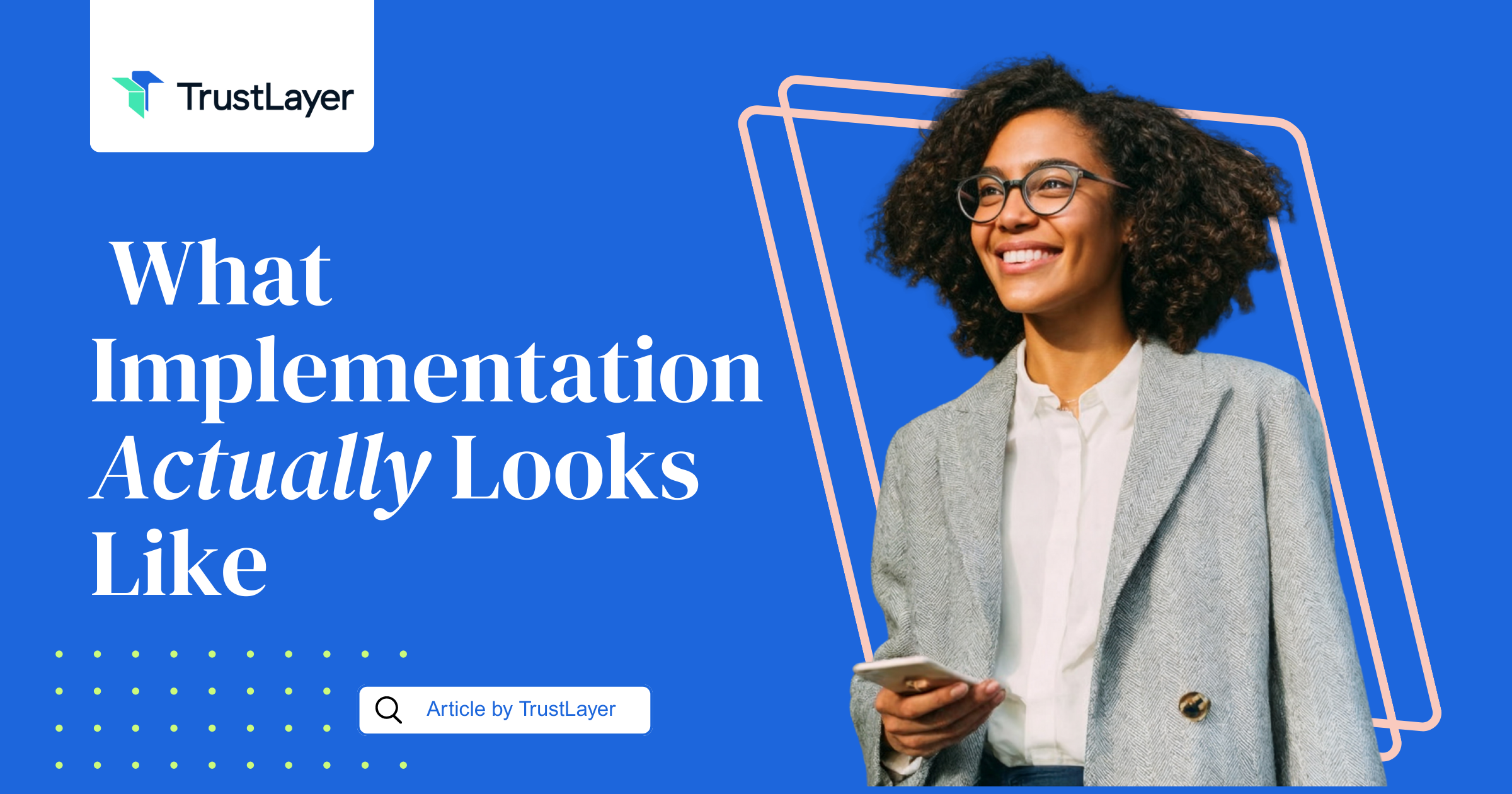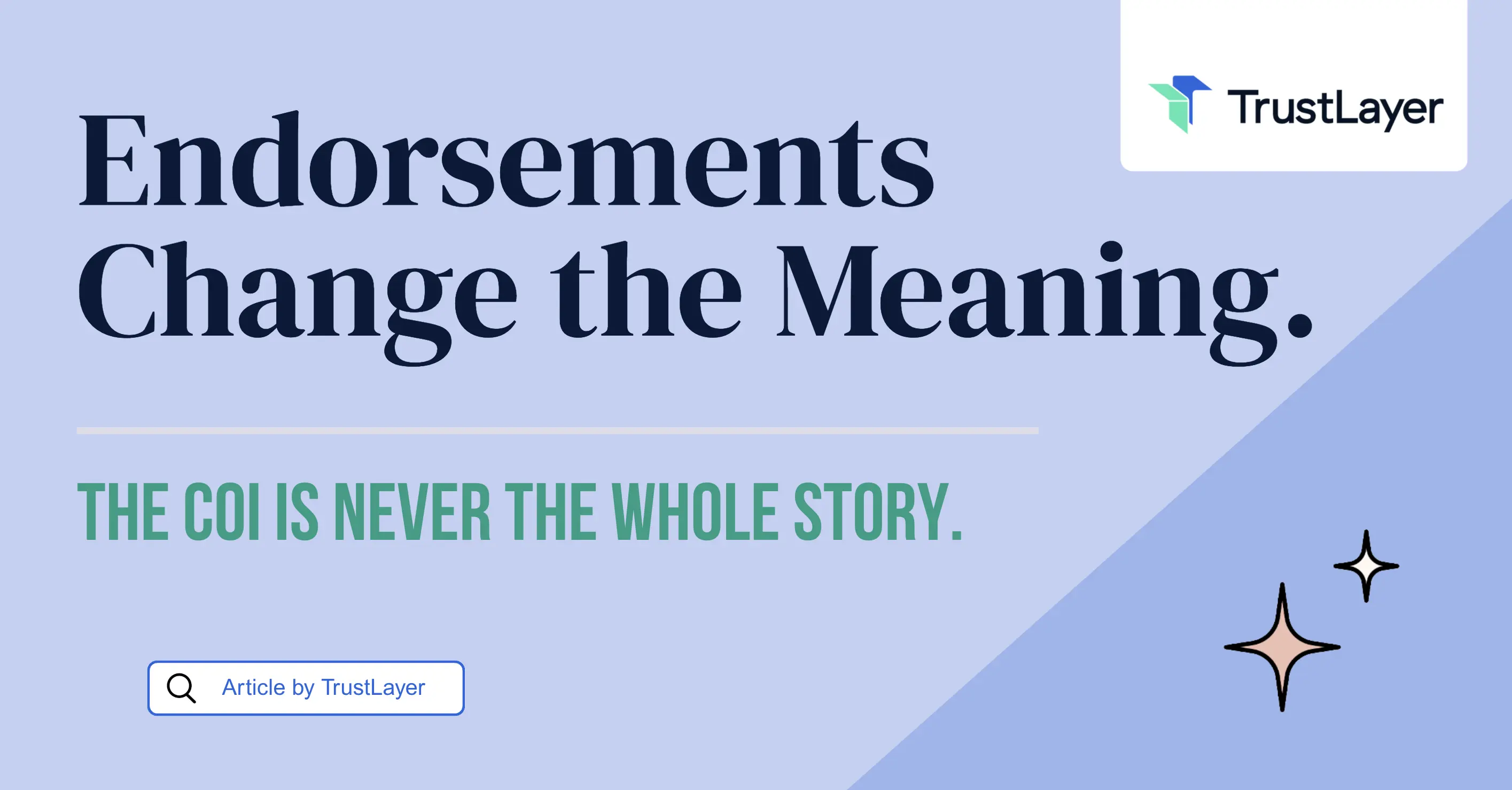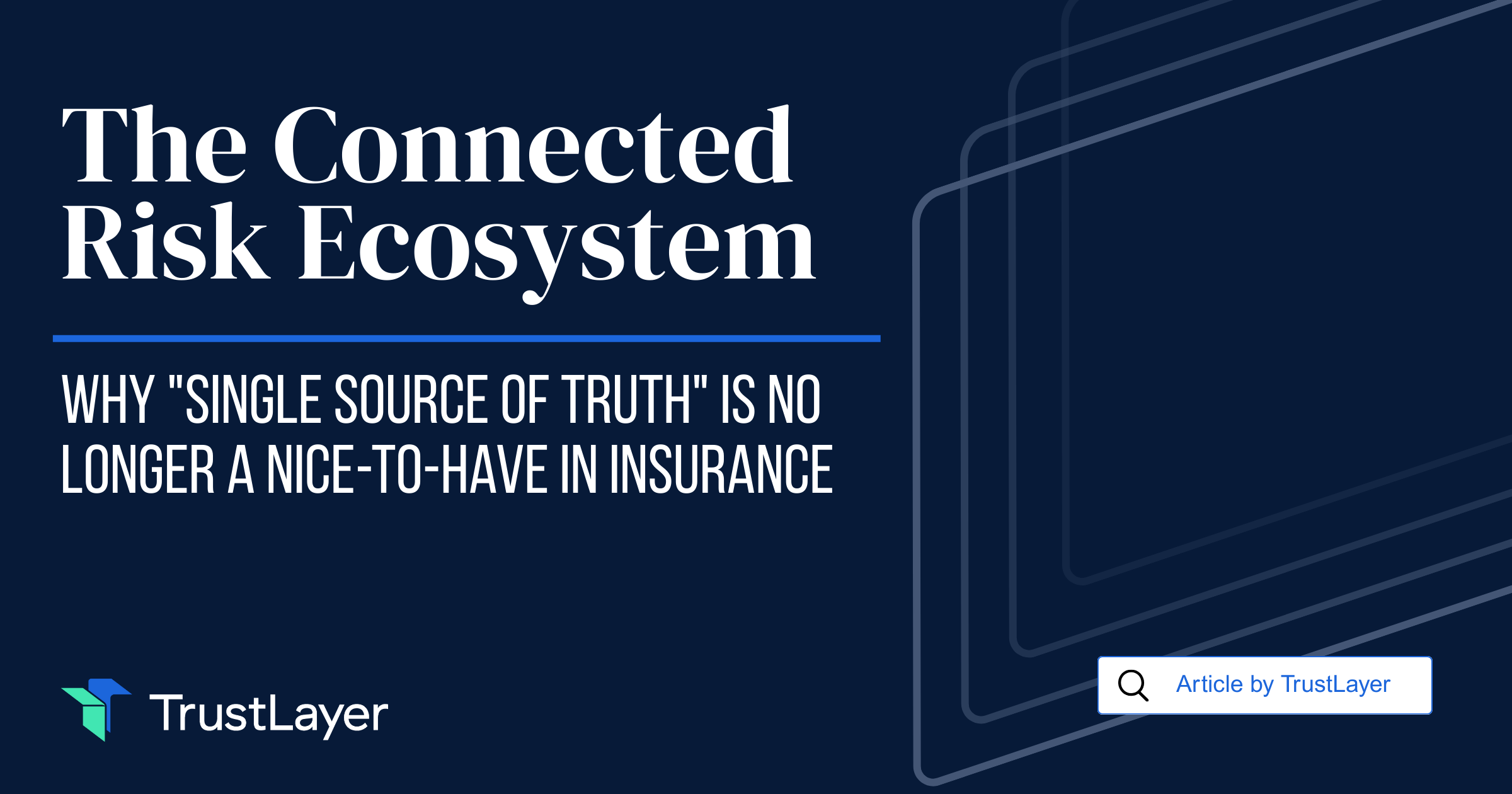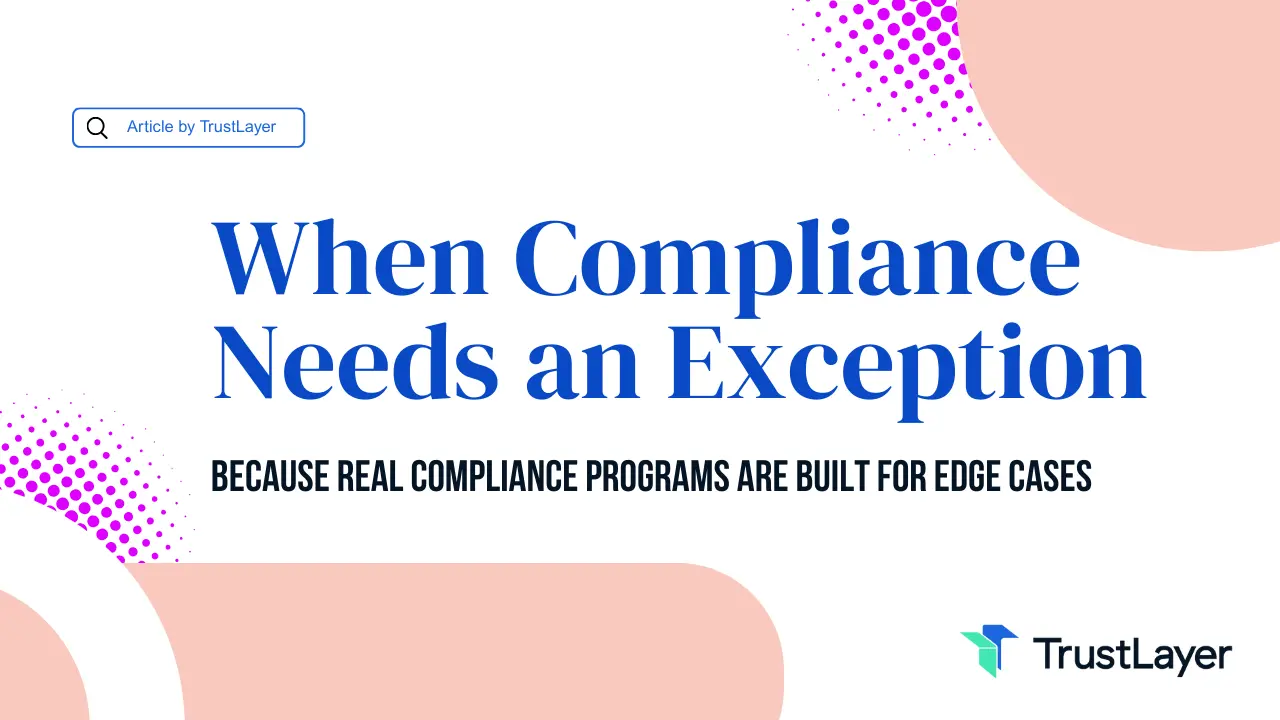5 General Liability Benefits

In the world of business, uncertainty is a constant companion. Whether you're running a small startup or managing a large corporation, the potential for unforeseen events is always lurking around the corner. This is where general liability insurance comes into play. It serves as a safety net, protecting businesses from various risks and liabilities. Understanding the benefits of general liability insurance can help business owners make informed decisions about their coverage needs.
1. Financial Protection Against Lawsuits
One of the most significant advantages of general liability insurance is its ability to provide financial protection against lawsuits and claims. In today's litigious society, even minor incidents can escalate into costly legal battles. A slip-and-fall accident in your office or a customer alleging product defects can lead to expensive legal fees and settlements. Furthermore, the increasing prevalence of online reviews and social media can amplify these situations, as negative feedback can quickly spread, potentially leading to reputational damage and further legal scrutiny.
Coverage for Legal Costs
General liability insurance typically covers legal expenses associated with defending against claims, including attorney fees, court costs, and settlements. This means that businesses can focus on their core operations without the constant worry of potential financial ruin due to unexpected legal challenges. Additionally, many policies offer coverage for claims made against your business, regardless of their validity, which can be particularly beneficial for small businesses that may not have the resources to defend against baseless claims. This comprehensive coverage ensures that even the most unexpected legal issues are managed effectively, allowing enterprises to maintain stability.
Peace of Mind
Knowing that you have a safety net in place allows business owners to operate with confidence. This peace of mind can lead to better decision-making and a more proactive approach to risk management. When you are not constantly fearing the financial repercussions of a lawsuit, you can concentrate on growth and innovation. Moreover, having general liability insurance can enhance your credibility with clients and partners, as it demonstrates a commitment to responsible business practices. Clients are more likely to engage with a business that is insured, knowing that they are protected in the event of an incident. This can lead to increased customer trust and potentially more business opportunities, creating a positive feedback loop that fosters long-term success.
2. Protection Against Property Damage Claims
Accidents happen, and property damage is a common occurrence in many businesses. Whether it's a customer accidentally damaging merchandise or a contractor causing damage while working on your premises, these incidents can lead to costly claims. General liability insurance provides coverage for such situations, protecting businesses from the financial burden of property damage claims. This type of insurance is not just a safety net; it is a crucial component of risk management that can help ensure the longevity and stability of a business in a competitive marketplace.
Examples of Property Damage Coverage
For instance, if a customer trips over a display and breaks a valuable piece of equipment, general liability insurance can help cover the costs associated with repairs or replacements. This coverage extends not only to your property but also to third-party property, ensuring that businesses are safeguarded against unexpected financial losses. Additionally, in cases where a contractor inadvertently damages a neighboring property while performing work, the insurance can cover the legal costs and damages incurred, allowing the business to focus on its core operations without the distraction of potential litigation.
Maintaining Business Relationships
Having general liability insurance can also enhance relationships with clients and partners. When businesses demonstrate that they are adequately insured, it builds trust and confidence. Clients are more likely to engage with companies that can prove they are prepared for potential mishaps, leading to stronger partnerships and opportunities for collaboration. Furthermore, many clients, especially larger corporations, often require proof of insurance before entering into contracts, making it a prerequisite for securing lucrative projects. This not only opens doors to new business but also positions the company as a responsible and reliable entity in its industry.
Moreover, the presence of general liability insurance can also facilitate smoother negotiations and dealings with suppliers and vendors. When these stakeholders see that a business is protected against property damage claims, they may be more inclined to offer favorable terms or discounts, knowing that they are dealing with a financially responsible partner. This can lead to improved cash flow and better overall business health, as the company can allocate resources more effectively without the looming threat of unexpected expenses from property damage claims.
3. Coverage for Personal Injury Claims
General liability insurance not only covers property damage but also protects against personal injury claims. Personal injury can encompass a wide range of issues, including bodily injury, emotional distress, and defamation. These claims can arise from various situations, such as a customer being injured on your premises or allegations of slander made by a competitor. Understanding the nuances of personal injury claims is crucial for any business owner, as these incidents can lead to significant legal and financial consequences if not properly managed.
Understanding Personal Injury Coverage
This type of coverage is essential for businesses that interact with the public. For example, if a customer slips on a wet floor in your store and sustains an injury, they may file a claim for medical expenses and damages. General liability insurance can help cover these costs, ensuring that the business is not left to bear the financial burden on its own. Furthermore, personal injury claims can also arise from less obvious situations, such as a customer experiencing emotional distress due to a negative interaction with an employee. This highlights the importance of training staff to handle customer interactions with care and professionalism, as even seemingly minor incidents can escalate into serious claims.
Reputation Management
In addition to financial protection, having coverage for personal injury claims can help protect a business's reputation and maintain its integrity. A well-handled claim can demonstrate to customers and clients that the company takes responsibility for its actions and prioritizes safety and accountability. This proactive approach can enhance customer loyalty and foster a positive brand image. Moreover, businesses that are transparent about their insurance coverage and claims process can build trust with their clientele, showing that they are prepared to address any issues that may arise. In a world where online reviews and social media can significantly impact public perception, managing personal injury claims effectively can serve as a critical component of a broader reputation management strategy. By addressing concerns promptly and compassionately, businesses can mitigate the risk of negative publicity and reinforce their commitment to customer care.
4. Enhanced Credibility and Professionalism
In today’s competitive marketplace, credibility is key. General liability insurance can enhance a business's credibility and professionalism. When potential clients or partners see that a business is insured, it signals that the company is serious about its operations and committed to managing risks effectively. This perception of reliability can foster trust and encourage long-term relationships with clients, suppliers, and other stakeholders, which are essential for sustainable growth.
Attracting New Clients
Many clients prefer to work with insured businesses, especially in industries where risks are prevalent. For instance, contractors and service providers are often required to have general liability insurance before they can bid on projects. This requirement not only protects the client but also positions the insured business as a trustworthy option in a crowded field. Furthermore, clients may feel more secure knowing that they have recourse in the event of an accident or mishap, which can significantly influence their decision-making process when selecting a service provider.
Competitive Advantage
In addition to attracting clients, having general liability insurance can provide a competitive advantage. Businesses that can showcase their insurance coverage may stand out among competitors who do not prioritize risk management. This differentiation can lead to increased opportunities and higher revenue potential. Moreover, being insured can open doors to collaborations and partnerships that might otherwise be inaccessible, as many companies prefer to engage with partners who demonstrate a commitment to safeguarding their interests. The peace of mind that comes with being insured can also empower business owners to take calculated risks that could lead to innovation and growth.
5. Flexibility and Customization
General liability insurance is not a one-size-fits-all solution. Many insurance providers offer customizable policies that allow businesses to tailor their coverage to meet specific needs. This flexibility ensures that companies can find a policy that aligns with their unique risk profiles and operational requirements. For instance, a tech startup may prioritize coverage for cyber liability, while a construction firm might focus on protection against physical injuries and property damage. This ability to customize coverage not only enhances safety but also provides peace of mind, knowing that the policy is designed specifically for the unique challenges faced by the business.
Adjusting Coverage as Your Business Grows
As businesses evolve, their insurance needs also grow. A startup may require minimal coverage, while a growing company may need to expand its policy to accommodate new risks. General liability insurance can be adjusted as the business grows, ensuring that coverage remains relevant and practical. For example, if a small retail store decides to open an online sales channel, it may need to increase its coverage to include e-commerce liabilities. Regular reviews of insurance policies with an agent can help ensure that businesses are not underinsured as they expand their operations or diversify their product offerings.
Bundling Policies for Additional Savings
Many insurance providers offer bundling options, allowing businesses to combine general liability insurance with other types of coverage, such as property or workers' compensation insurance. This not only simplifies the insurance process but can also lead to cost savings. Businesses can benefit from comprehensive coverage while managing their budgets effectively. Additionally, bundling can streamline the claims process, as having all policies under one provider can facilitate quicker resolutions and less paperwork. Furthermore, some insurers may offer loyalty discounts or incentives for businesses that choose to bundle, making it an even more attractive option for those looking to maximize their insurance investment.
Conclusion
General liability insurance provides numerous benefits that can significantly impact a business's success and sustainability. From financial protection against lawsuits to enhanced credibility and flexibility, the advantages of having this coverage are undeniable. By investing in general liability insurance, businesses can protect themselves from unforeseen risks, allowing them to focus on growth and innovation.
In a world where risks are ever-present, understanding and leveraging the benefits of general liability insurance is a crucial step for any business owner. It is not just a safety net; it is a strategic investment in the company's future. By ensuring that adequate coverage is in place, businesses can navigate challenges with confidence and resilience.
As you consider the benefits of general liability insurance for your business, remember that managing your certificates of insurance doesn't have to be a cumbersome task. TrustLayer revolutionizes the way modern risk managers handle compliance documents, offering a seamless, automated solution for tracking and verifying COIs. With TrustLayer, you can alleviate the administrative burden and focus on what matters most—growing your business with confidence. Don't let outdated processes hold you back. Set up a time to talk with our team and discover how TrustLayer can transform your risk management strategy into a competitive advantage.
















